The international scientific community has launched an unprecedented large-scale project to study the Danube River, uniting the expert potential of 14 countries. The official opening of the Fifth Joint Survey (JDS5) took place in Vienna with the ambitious goal of mapping the ecological condition of the second-largest European river.
Leading scientists from 100 scientific institutions will conduct a comprehensive study at 108 strategic points along the river's course. The innovative methodology includes modern technological approaches for identifying pollutants, including microplastic analysis and environmental genetic traces.
Federal Minister Norbert Toching emphasized the exceptional importance of cross-border cooperation: "This project demonstrates how joint efforts can ensure sustainable water resource management and biodiversity conservation".
A key element in the research is the introduction of a "citizen science" program, developed jointly with the European Commission's Joint Research Centre. Through this program, local communities and school classes will directly participate in the sampling and scientific monitoring process.
Birgit Vogel from the International Commission for the Protection of the Danube River (ICPDR) described the project as an "invitation to connect" between the scientific community and citizens who share responsibility for protecting the river ecosystem.
Bulgaria has a significant contribution to the research, coordinating expert teams from the Executive Environment Agency, the Bulgarian Academy of Sciences, Plovdiv University, and regional laboratories. Deputy Minister Atanas Kostadinov emphasized the country's historical role, recalling that the Cooperation Convention was signed in Sofia in 1994.
The survey covers an impressive stretch of over 2,800 kilometers, with the aim of collecting unique water quality data that will be directly integrated into the Danube River Basin Management Plan in 2027.
ICPDR President Lidija Globevnik defined JDS5 as a "benchmark for cross-border cooperation" that not only generates scientific knowledge but also builds a community understanding the importance of shared water resources.
The research methodology includes innovative approaches such as ecological DNA analysis, microplastic monitoring, and identification of new potential pollutants not part of standard national programs.
The survey results will serve to shape future environmental policies, providing a comprehensive picture of the river ecosystem's condition and the challenges of its conservation.
You may also like
More information about JDS5 can be found on the official website www.danubesurvey.org, where stakeholders can track the progress of this large-scale scientific project.

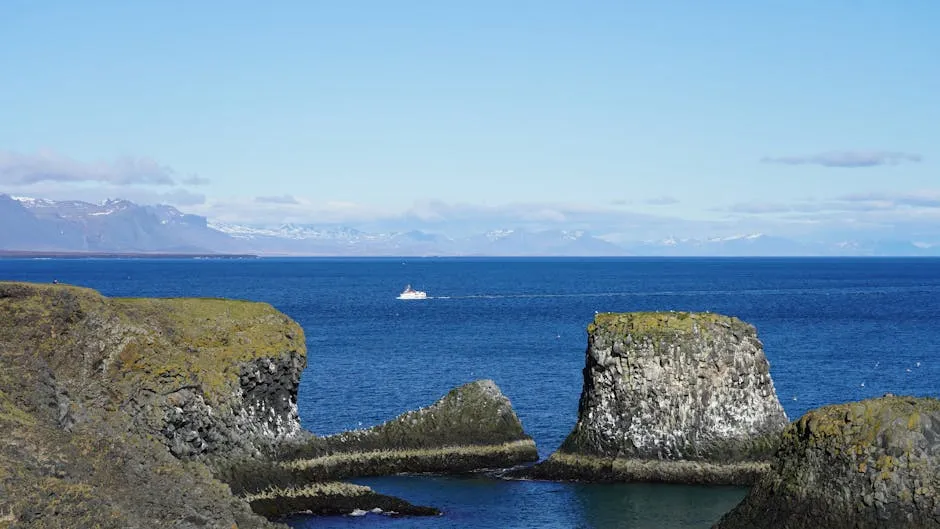

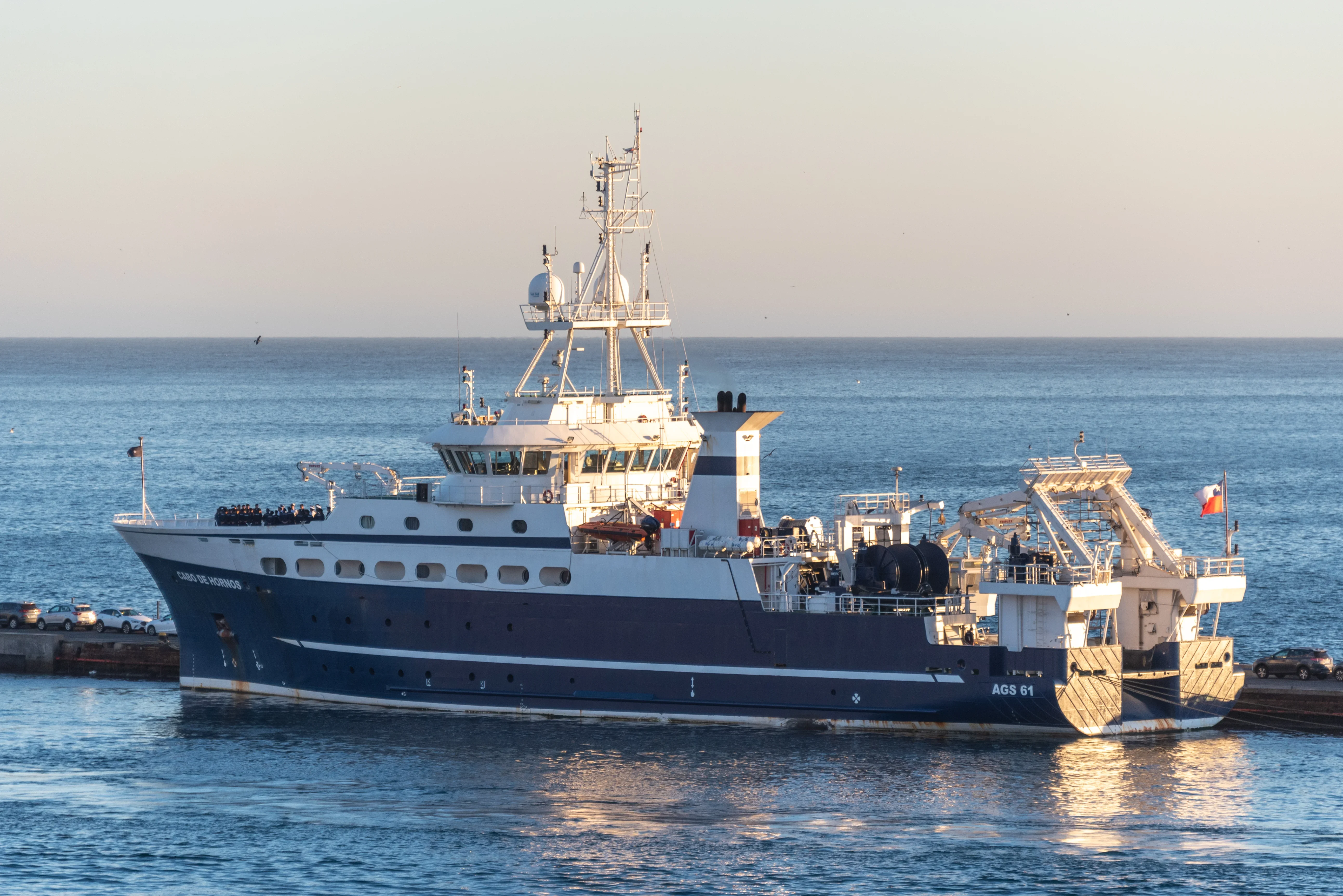
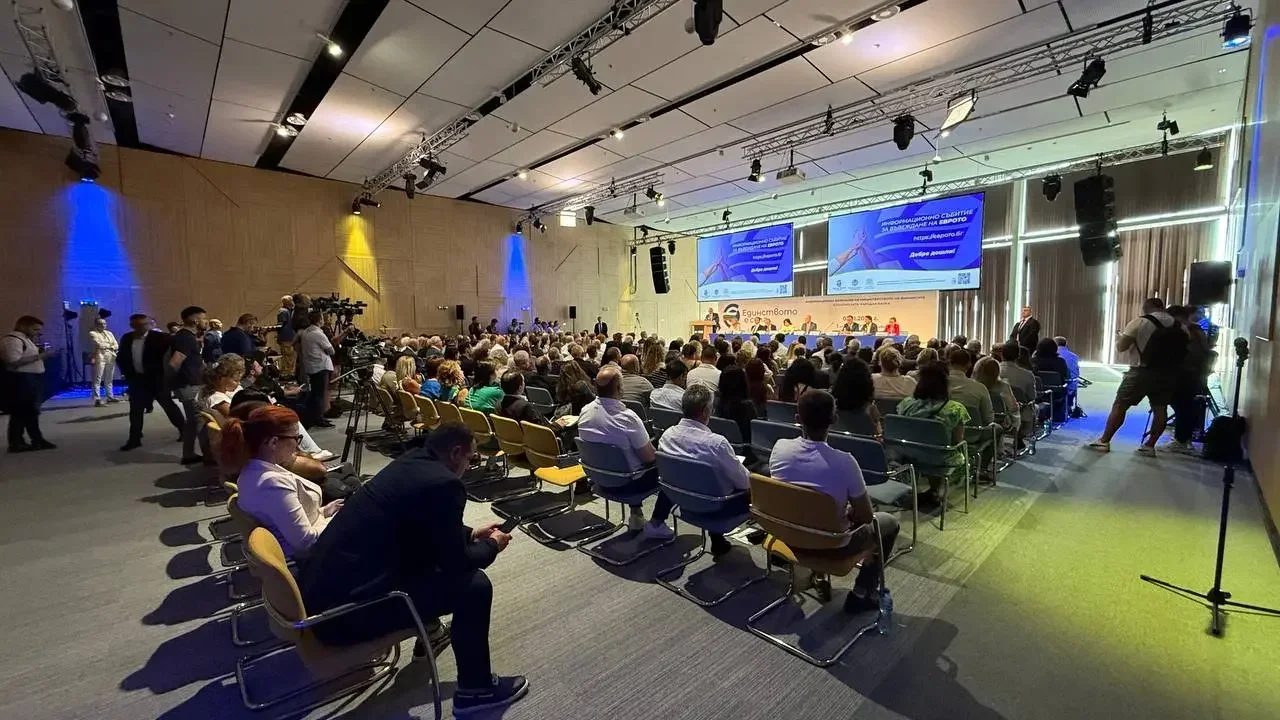
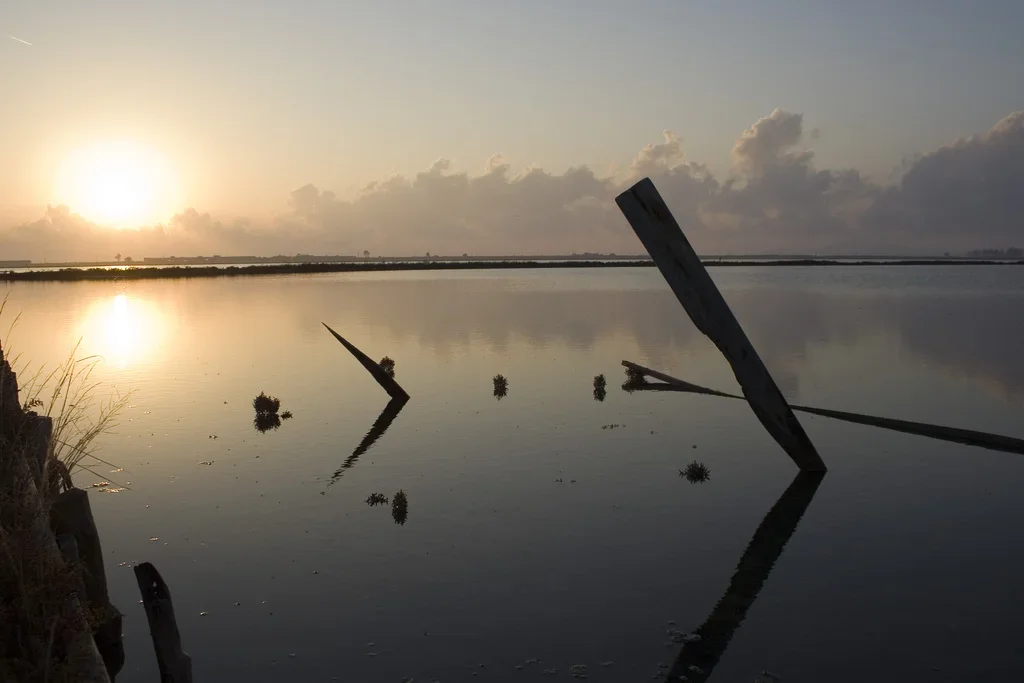
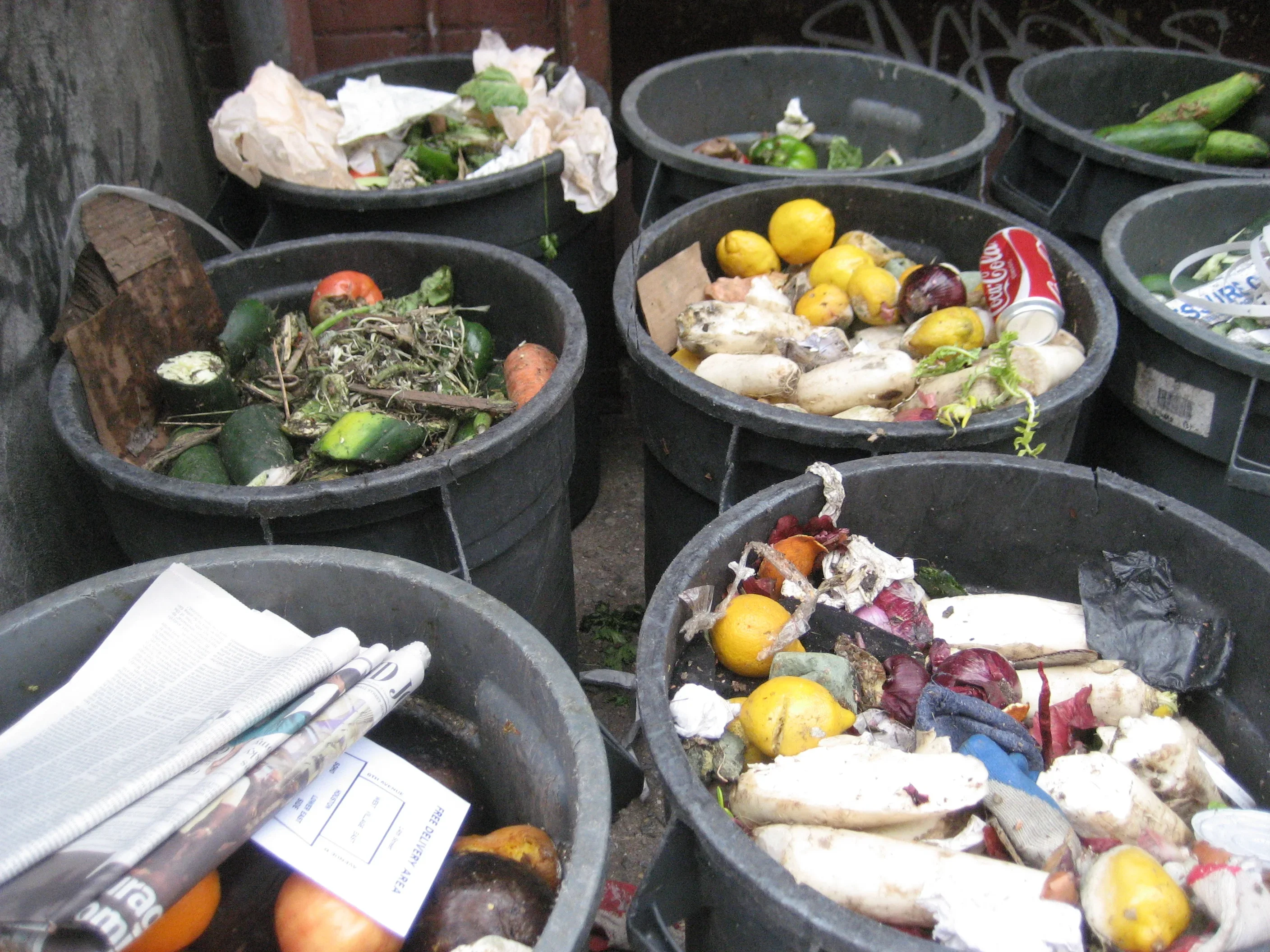
Коментари (0)
Все още няма коментари.